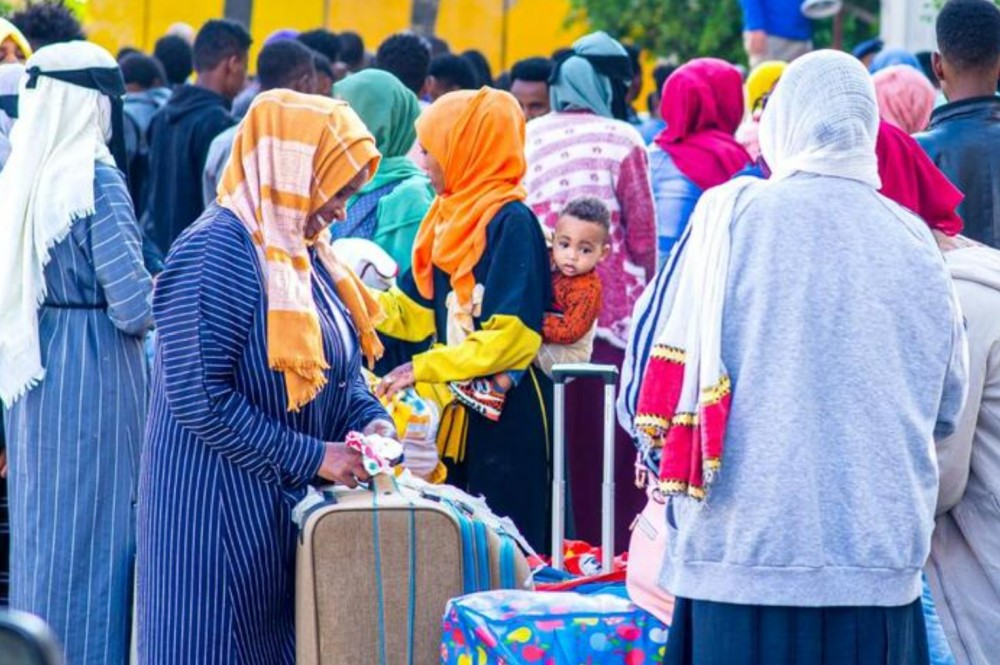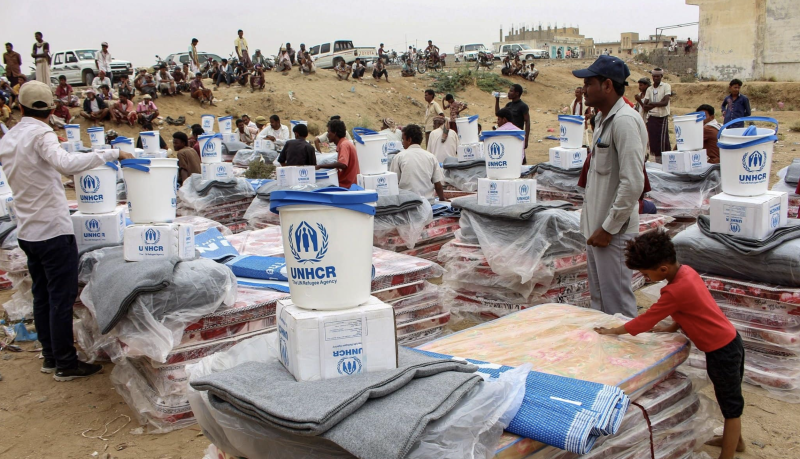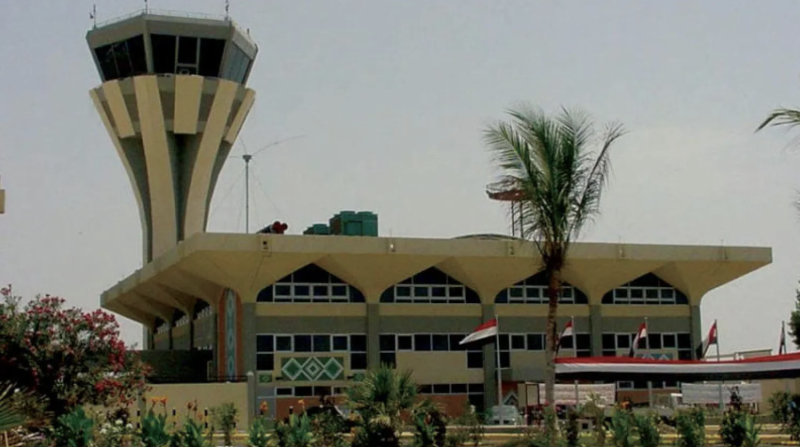Soaring number of migrants in distress in Yemen demands greater relief efforts


Half-way through 2023, more than 77,000 migrants have crossed the Gulf of Aden to Yemen, surpassing last year's figures and fast approaching pre-pandemic levels. As migrant arrivals rise, so have the dangers facing people moving along the "Eastern Route" marked by human rights violations, including torture, violence and trafficking.
Most migrants arriving to Yemen from the Horn of Africa hope to make it to Gulf countries to find work, but do not anticipate the abuses and challenges ahead. After crossing the sea, they often fall into the hands of traffickers who then take control of every step of their journey.
Violence, exploitation, and abuse against migrants is widespread, and perpetrators act with impunity. Insecurity, arrest campaigns and forced transfers have left approximately 43,000 migrants stranded across the country.
"Despite the heightened numbers of migrants entering Yemen and the severity of abuses they endure, people on the move continue to be largely invisible," said Matt Huber, the International Organization for Migration (IOM) Yemen's Acting Chief of Mission.
Voluntary Humanitarian Return (VHR) remains the only safe pathway home for stranded migrants in Yemen. So far this year, IOM has assisted 5,631 migrants, including 5,572 Ethiopians, to return home on VHR flights, a considerable increase from previous years.
IOM migrant response points in Sana'a, Marib and Aden are approached daily by migrants asking for help to return home.
In June, teams registered thousands of migrants who asked for assistance to return to their country of origin. These registrations have now been temporarily suspended as the number of migrants requesting assistance far exceeds the resources currently available to help them return.
"IOM works hand in hand with partners, donors and the authorities to offer relief to stranded migrants, but the rising number of migrants in distress demands far greater resources to respond," added Huber.
"If more funding for IOM's migrant response is not urgently provided, our critical VHR programme and other forms of lifesaving assistance may soon grind to a halt."
IOM is also appealing for greater funds to scale up its assistance to stranded migrants, particularly at Migrant Response Points in Aden, Ma'rib and Sana'a where migrants can access safe, dignified and free protection and health services.
These services reach thousands of migrants per month -- offering protection and relief to those who have survived severe and widespread abuse and violations throughout the country, including targeted violence at the northern border of Yemen as recently reported by IOM's Missing Migrant Project.
Hospitals in Sa'dah and Ma'rib also rely on IOM for equipment, supplies and support for salaries so they can serve migrants, host communities and displaced people.
Health and protection teams also support mobile responses where migrants traveling -- often on foot -- can receive critical medical care, water and essential relief items in hard-to-reach areas. Migrants in need of more intensive care are often transported to secondary health facilities where IOM supports their long-term recovery.
IOM's efforts to respond to the needs of migrants in Yemen are supported by the European Union, the King Salman Humanitarian Aid and Relief Centre (KSrelief), the US State Department's Bureau of Population, Refugees and Migration and the Governments of Germany, France, Norway and Finland. These efforts are aligned with the Migrant Response Plan (MRP) for the Horn of Africa and Yemen.

Sana’a — The United Nations has confirmed that Yemen’s Humanitarian Response Plan (YHRP) for 2025 received only about 28 percent…

Aden — Security sources reported that traffic accidents have left more than 5,000 victims in areas under the control of Yemen’s interna…

Aden - Yemenia Airways flights to Aden were canceled on Thursday morning, in addition to a Djiboutian Airlines flight that had been scheduled to de…